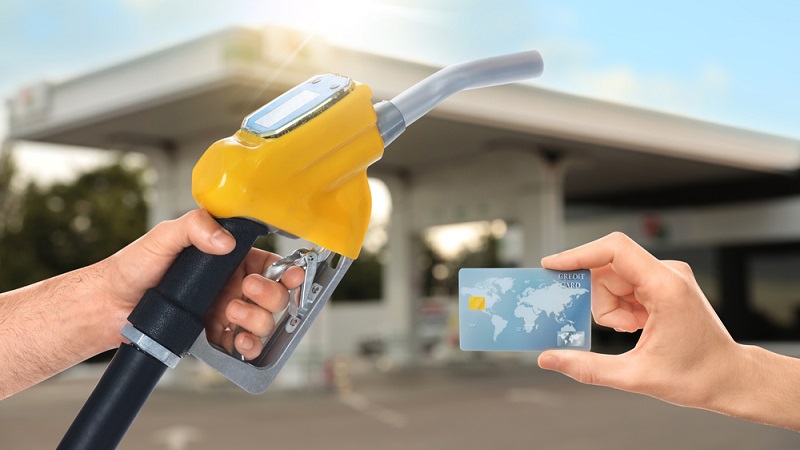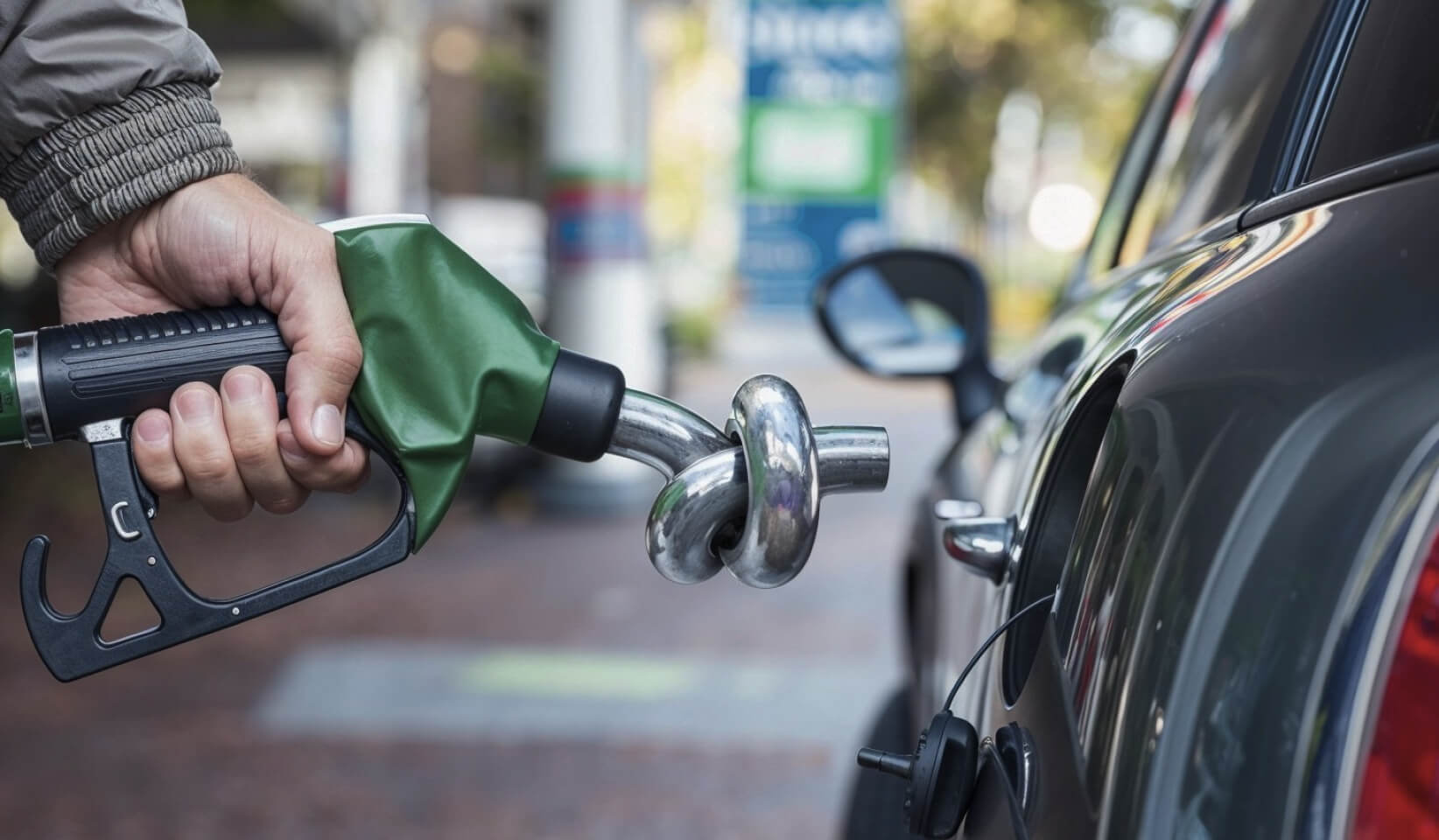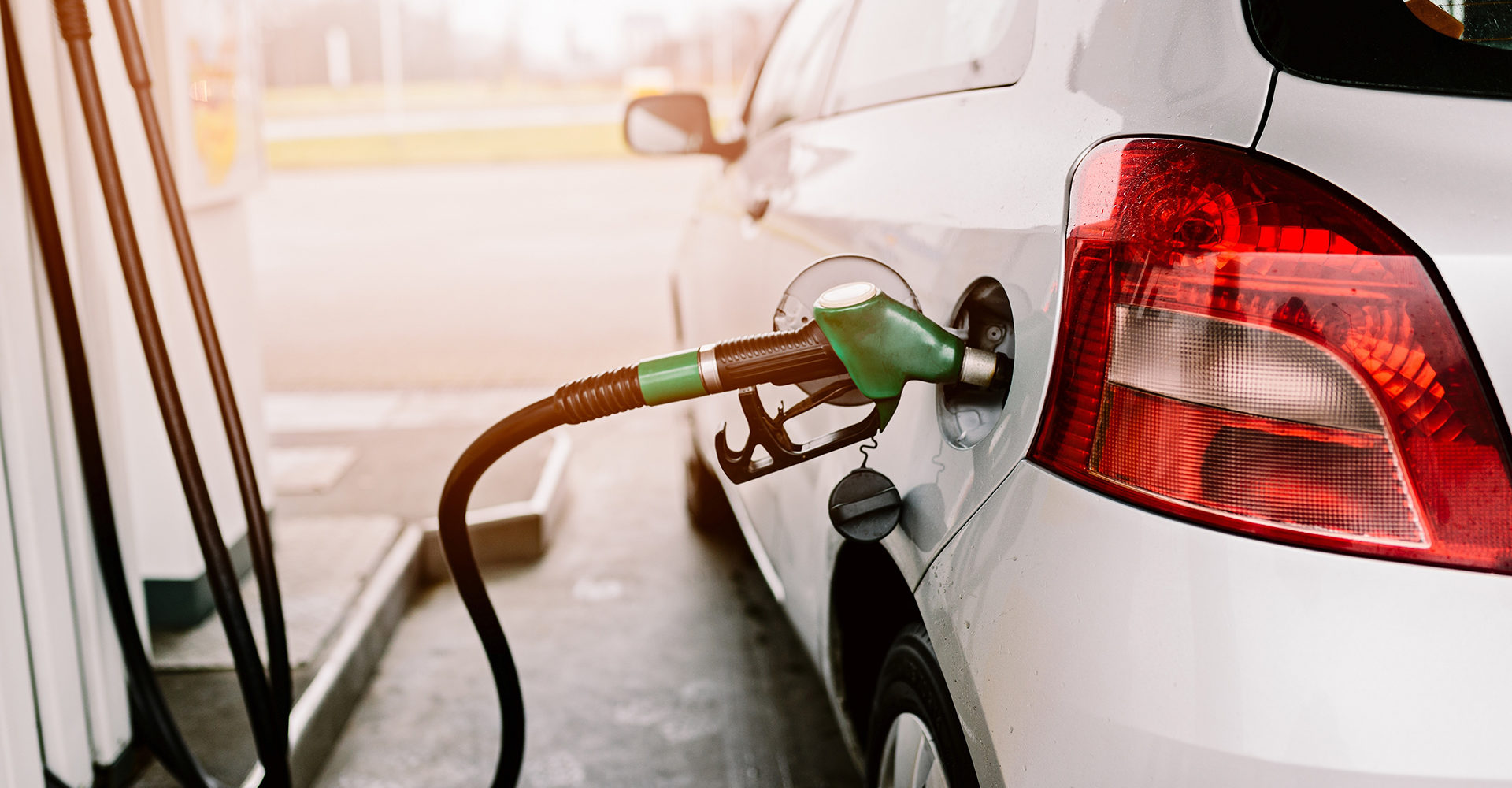Fuel fraud has become a growing concern for drivers, with scams like selling regular gasoline as premiums posing both financial and mechanical risks. This deceptive practice, which involves mislabeling regular fuel as higher-grade gasoline, not only misleads consumers but can also cause long-term damage to car engines. Premium gasoline is designed with additives that help keep engines clean and running efficiently, while regular gasoline lacks these benefits. Using the wrong type of fuel repeatedly can result in residue buildup in the engine, leading to clogs, malfunctions, and costly repairs. As this form of fraud becomes more common, drivers must understand how it works, recognize the risks, and take steps to protect their vehicles.
Dishonest gas stations often engage in practices that exploit consumer trust. One of the most common tactics involves simply changing the labels on fuel pumps or advertising premium fuel while dispensing regular gasoline. This allows them to charge higher prices for a product that does not provide the advertised benefits.
While this may appear to be a harmless scam, the effects on the car’s engine can be significant, particularly for vehicles that require premium fuel for optimal performance. Premium gasoline contains detergents and other additives that clean engine components and prevent residue buildup, which is particularly important for maintaining the functionality of injector nozzles and other sensitive parts. Substituting it with regular gasoline denies the engine these benefits, causing gradual wear and tear that can compromise its performance over time.

In addition to fuel mislabeling, other fraudulent practices are prevalent at gas stations. One such tactic is the delivery of less fuel than indicated on the pump, commonly referred to as the “short spout” scam. In this scheme, the fuel pump is tampered with to dispense less gasoline than displayed, making it difficult for consumers to detect they are being shortchanged.
Another widespread issue is fuel adulteration, where dishonest vendors mix gasoline with cheaper substances like water, ethanol, or solvents to reduce costs. While this practice benefits the station owners financially, it severely damages car engines, leading to malfunctions, reduced fuel efficiency, and the need for frequent repairs. Similarly, some stations sell off-spec fuel, which may not meet regulatory standards. Such substandard gasoline can harm engine components and increase fuel consumption, ultimately diminishing the vehicle’s lifespan.
The impact of these fraudulent practices on vehicle engines can be severe and costly. Adulterated or mislabeled fuel often causes the buildup of dirt and residue, clogging injector nozzles and affecting the combustion process. This can result in misfires, difficulty starting the engine, and overall reduced performance. Poor-quality fuel also forces the engine to work harder, leading to increased fuel consumption.
Over time, the use of substandard or adulterated gasoline accelerates wear and tear on key engine parts, requiring more frequent maintenance and expensive repairs. For modern vehicles, which are engineered to function with precise fuel standards, the damage can be even more pronounced. As a result, drivers may face higher repair costs and reduced vehicle efficiency, making vigilance against such scams essential.
To protect against these fraudulent practices, drivers should take several precautions when refueling. Opting for reputable gas stations with established brands and good track records is a crucial first step, as these companies typically adhere to stricter quality controls. Before refueling, it is also important to check the pump display to ensure that it has been reset to zero and that the price per liter matches what is advertised.

Drivers should also request receipts after every purchase, as these serve as proof of transaction and can be useful for filing complaints or seeking reimbursement in case of disputes. Monitoring the car’s performance after refueling is another critical measure. Unusual changes, such as increased fuel consumption, engine misfires, or sluggish performance, may indicate that the fuel was adulterated or of inferior quality.
The National Agency of Petroleum, Natural Gas, and Biofuels (ANP) plays a vital role in combating fuel fraud by inspecting gas stations and penalizing those found guilty of irregularities. In cases where fraud is detected, the ANP can seal fuel pumps, issue fines, and even shut down offending stations. For example, in a recent case in Vila Velha, the agency imposed penalties on a station that was caught selling regular gasoline at a premium. However, given the scale of the fuel industry and the number of stations operating nationwide, it is impossible for regulatory agencies to monitor every location continuously. This makes consumer vigilance and reporting an essential part of the effort to combat fraud and maintain fuel quality standards.
If drivers suspect fraud, they have the right to report it to the ANP or local consumer protection agencies such as Procon. Filing a complaint can be done through the ANP’s website or customer service hotline, while Procon can provide guidance on addressing disputes and seeking compensation. Reporting fraudulent practices helps authorities identify problem stations and ensures that corrective measures are taken. It also plays a crucial role in protecting other consumers from falling victim to similar scams. Awareness, vigilance, and reporting are key to combating fuel fraud and ensuring that drivers receive the quality gasoline their vehicles need.
As fuel fraud continues to affect drivers, staying informed and cautious is more important than ever. Mislabeling, adulteration, and other dishonest practices harm not only consumers’ wallets but also the health and performance of their vehicles. By taking preventive measures and reporting suspicious activity, drivers can protect themselves and contribute to broader efforts to hold dishonest gas stations accountable. Through vigilance and collective action, it is possible to combat these scams and ensure the delivery of quality fuel across the country.

